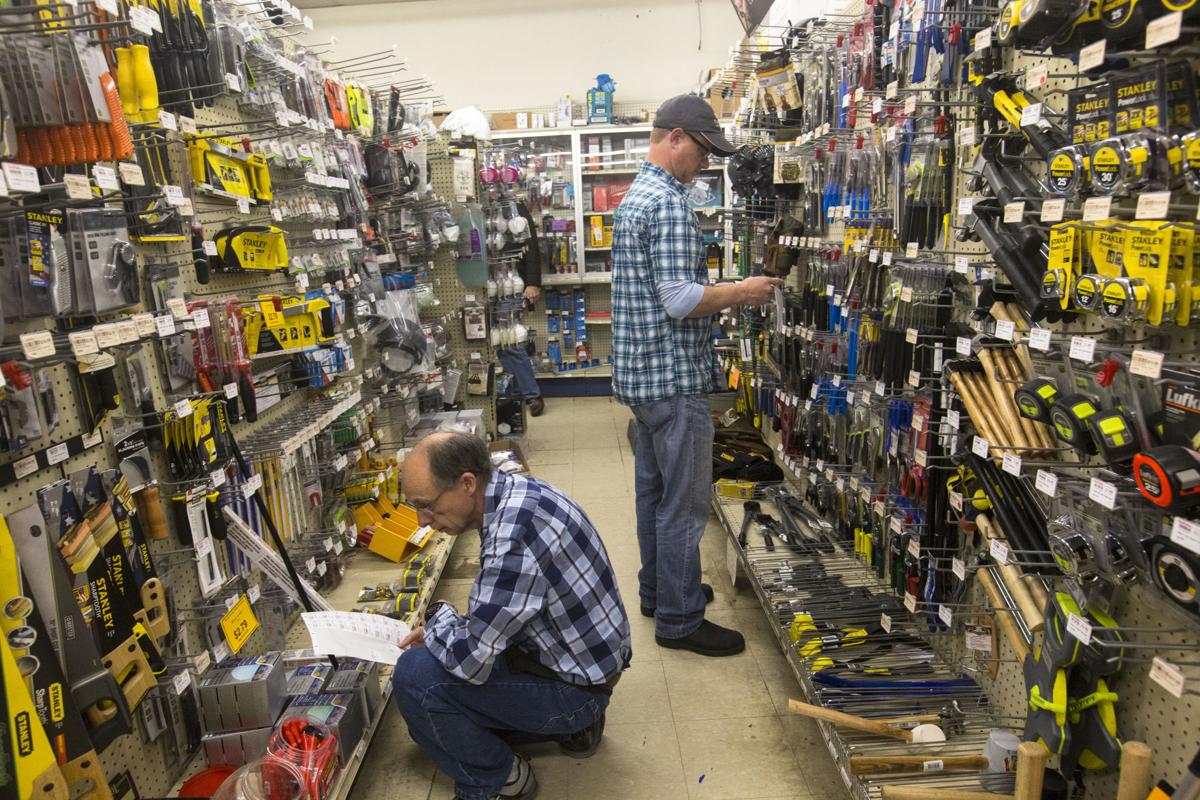Hardware range from machines, accessories, physical components of gadgets, and other durable equipment. As a manufacturer, getting your hardware product on the aisle of the best stores can be quite demanding especially if you are new to the market. Major elements – like your own personal input and the quantity of the product – are underlying factors that determine how long your product will spend in the store before the next batch is requested.
Getting return calls or emails from a store manager is quite tied to how well customers find your product valuable or important. Your product should meet the need of its target audience who in the turn refer other people. That position being stated, let’s show you how to get your product sold to any hardware store. These steps, if religiously adhered to, should land your product in a reputable store in no time.
Prepare your Pitch
Yes! Get to the paperwork first. This involves taking time to assess the product in itself. Assess all the benefits the product has to offer. Ask yourself, “Why would I want to buy the product XYZ as a customer”. Undertaking this analysis will present you with adequate points for your pitch. See this a presentation to a prospective store manager on how your product stands a chance in his hardware store.
Meet Who’s in Charge
Also, understand that a hardware product, just like any other product, can be sold in a local store or larger stores. If the store owns branches in many other locations or states, you might want to consider checking out where their corporate office is situated for a pitching schedule. If your product is relatively new to the market, you might want to consider selling to smaller stores for a start. Selling to smaller stores allows for steady growth and added track record needed for pitching to larger stores in the future. It is important to ensure that you directly engage the store manager and not a middle man.
Emphasize The Benefits Of The Product
Be as professional as possible. Get the storekeeper or manager to see what he will miss out on if your products are not on the aisle of his store in no time. The art of pitching or convincing a potential sales retailer is a skill in itself. You might want to read a book or take a sales course if you’re completely new to this.
After doing your due diligence and getting yourself a product delivery deal, more work has to be done afterwards to keep the store manager calling for more of your products. Ensure your hardware products are delivered as timely as possible and in the best of conditions. Also, keep learning about the field and from other inventors or competitors.
Do not compromise the quality of your product or service at any point. More so, ensure to request feedback from customers. This will point you to deficient areas of your product that require improvements.

